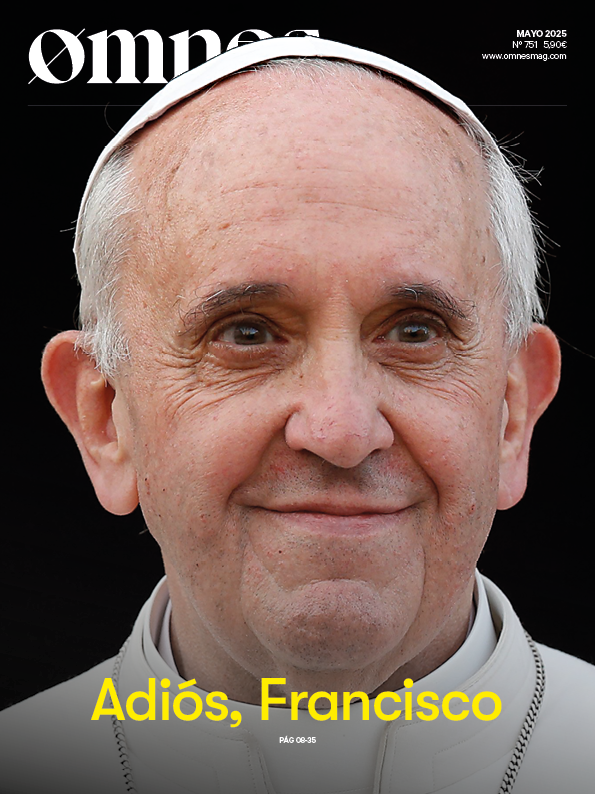In the letter, which serves all Catholics, especially those in Europe, the Pope wishes to "encourage the search to respond with parresia to the present situation."and stresses some presuppositions for ecclesial discernment. A first group of elements have to do with what we could consider prudential or ethical discernment, integrated in the Christian experience: realism and patience; analysis and courage to walk together, looking at reality and with the energies of the theological virtues. Here there is a reference to a new pelagianism to entrust everything to "perfect administrative structures and organizations" (Evangelii gaudium, 32), and the new gnosticism of which "wanting to make a name for themselves and to expand their doctrine and fame, they seek to say something always new and different from what the Word of God gave them".. As on previous occasions, the Pope proposes "managing the balance" with hope and not having "fear of imbalance" (cfr. Evangelii gaudium, 97).
In order to improve our evangelizing mission we have discernment, which today must also be carried out through synodality. It is about "to live and to feel with the Church and in the Church, which, in many situations, will also lead us to suffer in the Church and with the Church."both at the universal and the individual level. To this end, we must seek real paths, so that all voices, including those of the simplest and humblest, have space and visibility.
Francis also points out other conditions of discernment that are specifically ecclesial, because this discernment is carried out within the framework of the life of the Church as a correspondence to the grace of God.
It is necessary to "to keep always alive and effective communion with the whole body of the Church."without locking ourselves up in our particularities or allowing ourselves to be enslaved by ideologies. This requires a connection with the Living tradition of the Church. This framework is ensured by the reference to the holiness that we must all foster and the motherhood of Mary; by fraternity within the Church and trust in the guidance of the Holy Spirit; by the need to prioritize a broad vision of the whole, but without losing attention to the small and close.
In addition, in order to enable personal correspondence to grace, especially for pastors, it requires a "state of wakefulness and conversion".These are gifts of God to be implored by means of prayer, which includes adoration, fasting and penance. In this way we can aspire to have the same sentiments as Christ (cf. Phil 2:7), that is, his humility, poverty and courage.
Degree in Medicine and Surgery from the University of Santiago de Compostela. Professor of Ecclesiology and Pastoral Theology in the Department of Systematic Theology at the University of Navarra.







